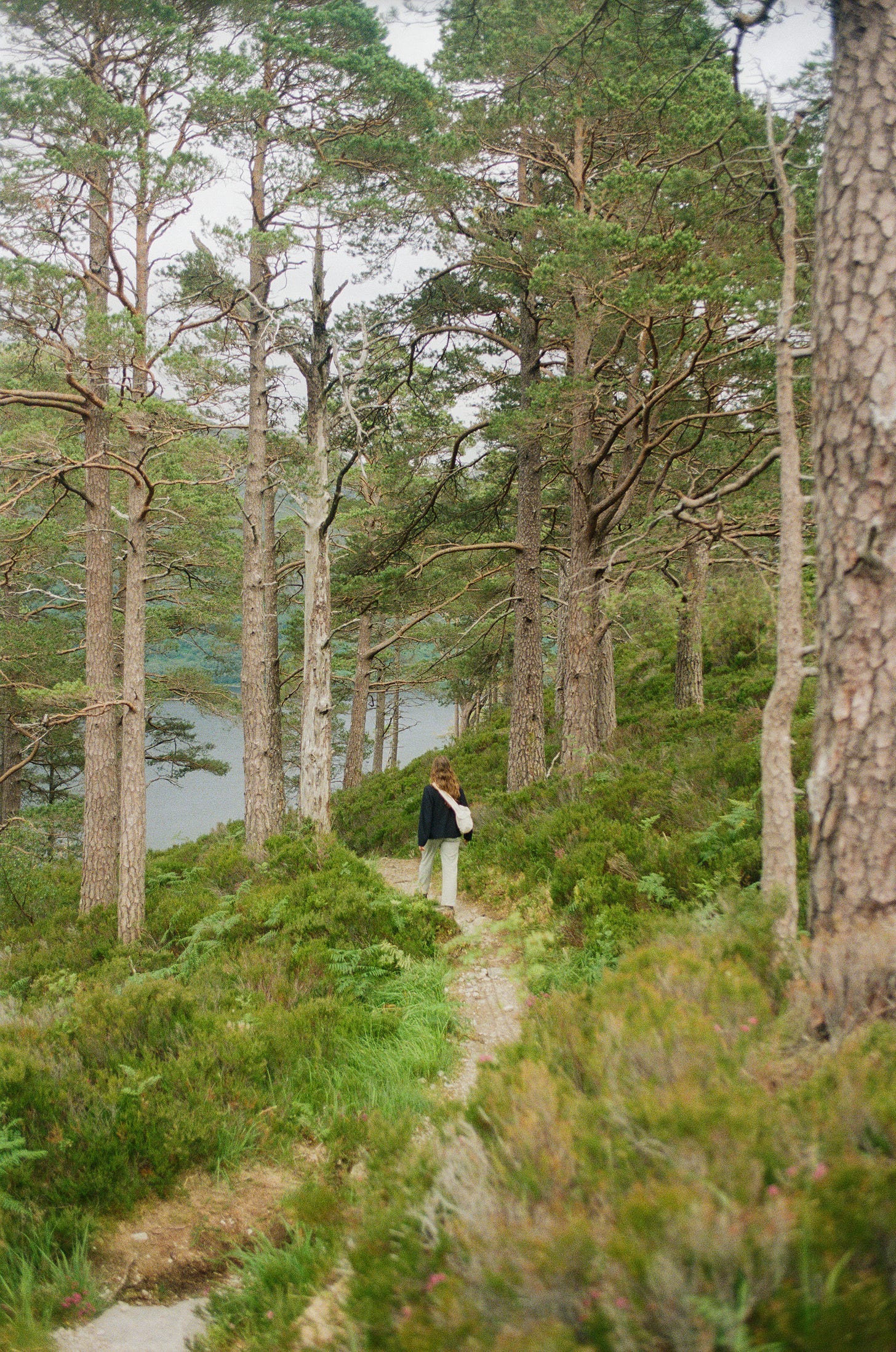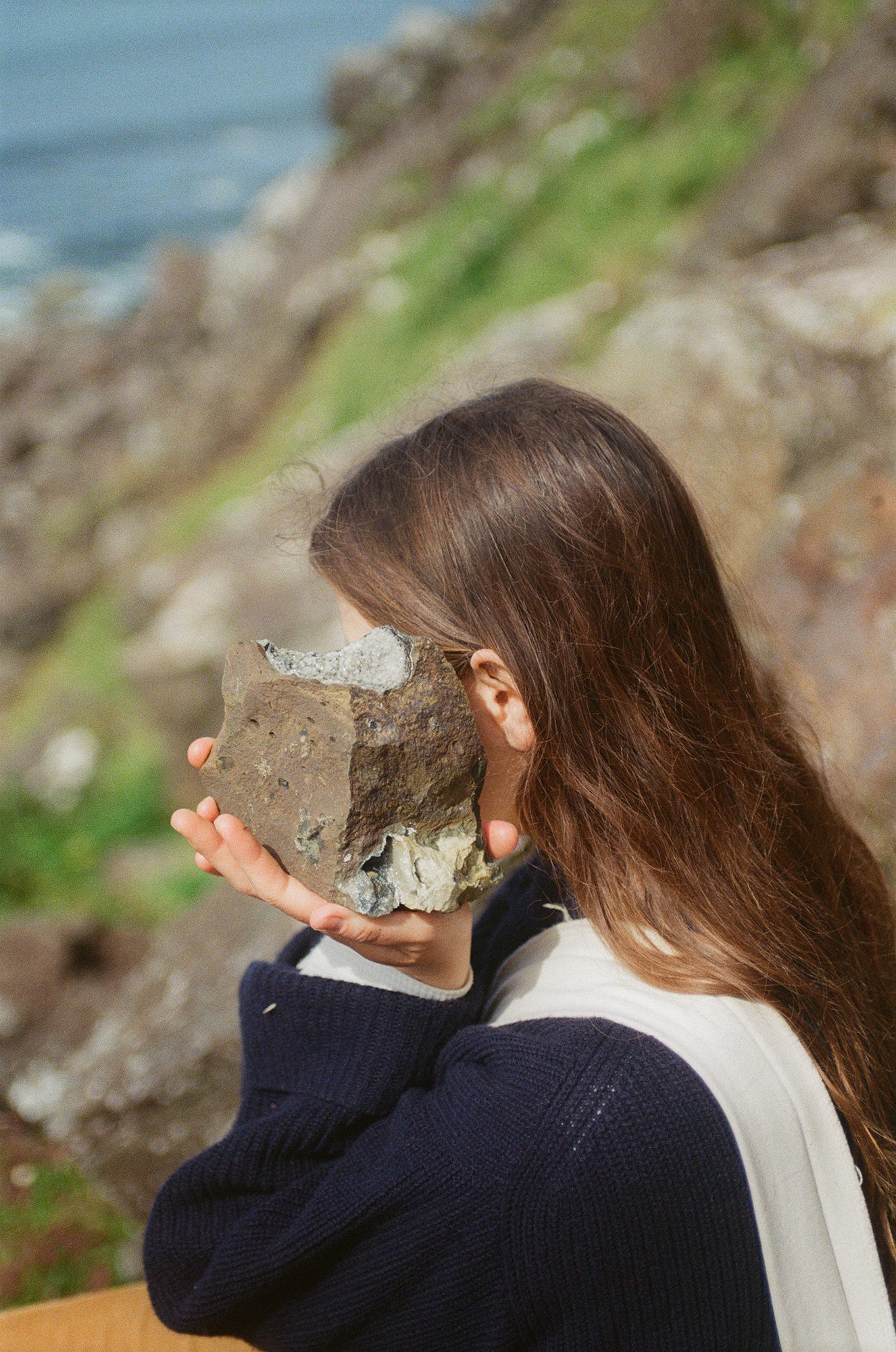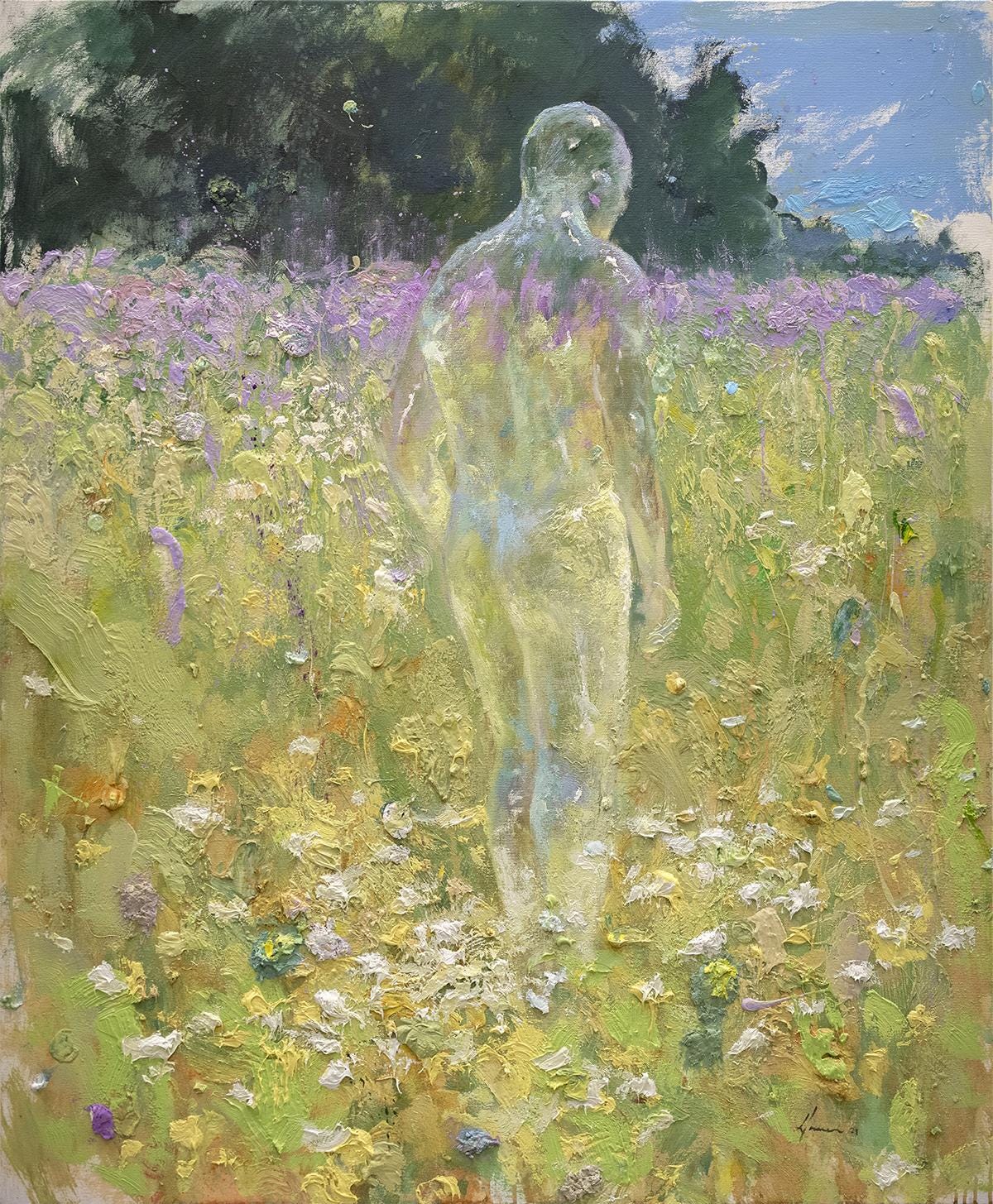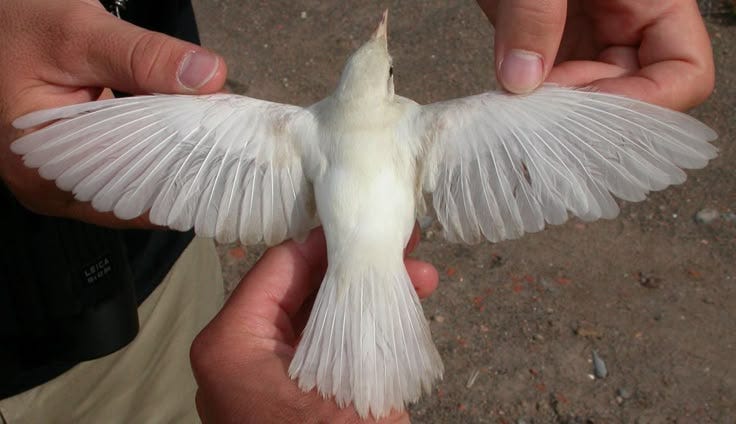Writer's Initiation: Silence that Comes After Publishing
Fermenting Your Commitment to Write
Headwaters Writing Course Announcement:
On April 3rd, we start a 6-week authentic writing course, Headwaters. The six weeks are designed to take you through an arc: tending and healing the parts of self that hold you back to writing and expressing yourself with authenticity, honesty, and depth. Through the 6 weeks, we will connect to the writer within and will learn how to write from the place of truth. To learn more about the course and secure your spot, click the button below!
This essay could be a negligent “just learn to write better; or use a better hook; or use a tried and tested formula; or learn to work with algorithm”.
However, here I wanted to explore the wound of invisibility and silence that visits every writer.
I told everyone I knew that I was moving toward becoming a full-time poet. I wanted them to hear it and to hold me to what they had heard. Disbelief, silence, scorn, I didn't care. I was doing my damnedest to create a kind of gravitational field that would have me drawn increasingly into its center.
I had an intuition that when you really annunciate what you want in the world you will always be greeted, in the first place, with some species of silence. It may be that the silence is there so that you can hear exactly what you have asked for, and hear it more clearly so that you can get it right. If the goal is real and intensely personal, as it should be, others naturally should not be able to understand it the first time it finds its own voice. It means in a way, in a very difficult way, that you are on to something. —
Though daunting, at the beginning, silence is good, and silence is a testing fire. There are many kinds of silence to encounter in life, but there is a particular and delicious terror to the anticipatory silence that we create from actually following our heart's desires. It seems to inflame and halo every conversation and everything we see with a significance and import beyond the ordinary.
Whether we are poets or prosecutors, accountants or dot-com adventurers, surely what we desire from the best of our work is a bridge to the extraordinary and a pilgrim path to new worlds that reveals itself through a daily courageous conversation between our own powers and the powers of the world.
— David Whyte
The Delicious Terror Of Silence
There is a very specific time in a writer’s arc, which is silence.
Silence is the absence of any sort of recognition, any response that you have hoped to have after publishing your writing.
Silence can be jarring, almost repulsing you from your own work, from your keyboard, from your journal. Especially when you publish a piece that you worked on for a long time. You have revealed something personal or true. You exposed a new layer of yourself to the world, and articulated the minute, specific, the important, and tangential. You clipped all evidence together, and presented your readers with an idea that can very much be life-altering.
But all you hear is silence.
This reminds me of a very crucial point in children’s development, which is called mirroring. Newborns and toddlers don’t have a sense of self. Children are not able to understand their own emotions, to make sense of them, or to integrate experiences that are emotionally challenging by themselves. That is why they need mirroring, a reflection of their own emotions, thoughts, experiences, and feelings back at them.
Mirroring happens when the caretaker can reflect all of these experiences back to the child. (Eg. “I see that you are angry right now; I can feel that you are frustrated.”)
Mirroring creates somewhat of an amalgamation of how a person will perceive themselves later in life. Through this process children internalize a sense of self, which is the self they call I. Children also absorb a belief that it is safe to be seen, it’s safe to be me. At the very basic premise, the growing person gets to realize that they actually exist, through every interaction. In this way, our identities originate from relationships around us.
However, if a child is predominantly ignored or dismissed, they will develop a very porous self-concept. This later in life can lead to having a very difficult time of knowing what one feels, what one needs, and who one is. In more severe cases, it can also lead to depersonalization.
But the need to be seen and reflected back doesn’t really go away in adulthood. We crave to be in relationships, friendships that truly see us for who we are. We want to be recognized for our work, art, and creative output. Fundamentally, we want to know that we can touch someone else with our being. This is at the core of human existence.
Writer’s Initiation — Invisibility
For creatives and writers, there’s a similar pattern that can stunt a creative growth. When you’re not receiving feedback or any kind of response from your writing, it can feel like you don’t exist as a writer. That part of self is yet invisible, non-mirrored by the outer world.
But here’s a paradox: to write is to enter a relationship with silence. To be tempered by it, to be fermented in its juice, to build your nutritional foundation from which all words originate.
Writers’ work is the work of the invisible. It’s a work of a symbolic translator, synthesizer of ideas, states of being, characters, and stories into an experiential reality for someone else. It’s the work that happens from silence.
The work born in silence, will not be allergic to silence on the other side of its birth. This absence of sound is a primordial elemental matrix for sound and resonance.
The silence that you can experience after writing is an initiation experience. It asks you one fundamental question: why are you writing?
This is a very intimate conversation to have between yourself and the part of you that moves your hands and arranges words into matter — your authentic inner writer.
Once on a phone call my mother reminded me of a quote she heard somewhere:
“If you are able to not write the book, then don’t write it.“
It stupefied me for a second. It takes away the “maybe I should” or “it would be nice” from the work. “Why” becomes “because I need to; because I want to; because I cannot not write”.
I want to ask you, what is worse:
a) to write from the depth of your heart, to publish, and hear silence?
OR
b) to write from the shallows, to please the external expectation, to publish, and hear silence?
In all honesty, writing from your heart and hearing silence can be debilitating. But your work is already seen by that silent observer, the larger Self. Work that comes from that primordial place of depth, which is your heart, is going to be familiar with silence. (We can work with publicity, and metrics, and getting your work seen simultaneously.)
But, to write for acceptance, for fitting in — and still to be not seen — can create somewhat of a painfully liberatory ground. The real writer within you cannot be rejected as it is hiding beneath the words of someone else. So the only way to access it, is to sit with the discomfort of rejection of the inauthentic self.
That is why I ask you: in these tender moments, sit and steep in this feeling of abandonment. Become absolutely present with disappointment, shame, sadness, anger that comes from zero recognition. Do not turn away, do not shame yourself for writing poorly, not understanding how the algorithm works, or doing something wrong. This is the time to mirror back and validate the disappointment, for ourselves.
This is the time, where what you think you should be writing can burn off and be alchemized into something much more useful and soulful. This is the moment to renegotiate the inner dialogue. This is a moment of initiation. Burning away all the ways you think you ought to be in order to hear a response and recognition from the outside.
Silence will force you to meet yourself with so much gentleness and care, and also with renewed sense of vigour and aliveness. And you will see that response from your readers will be a confirmation of what you’ve felt within.
I don’t want to negate the preciousness of encouragement that we need from others. It can be very medicinal, and even healing to have our writing read and recognized by others.
For me, the external confirmation (over and over again) created a spark that I carry and resource from, it warms my heart and brings a sense of purposefulness because my writing has an impact. But this cannot be the only soul food that fuels us, otherwise we will become trapped by the expectations, and allow the false, pleasing writer to take the pen.
Forging new hands
Work that is steeped in this silence-initiation will have a new foundational formation. It reminds me of the Handless Maiden story. In the story, a young woman loses her hands because the devil threatens to burn everything she sees around, if her hands are not sacrificed. From the unbearable sorrow, she leaves everything she knows and finds her way into the wild. As the woman wanders into the forest, she becomes feral, soiled and peated. One night, she is guided to a luscious garden at night. A king to whom belongs the garden, falls in love with this woman and makes her new silver hands. Her hands become indestructible.
So it is with our hands that write, and write, and just can’t stop writing. Even if we lose our initial hands, the silence alchemizes our why into a much deeper commitment.
Embrace the silence, embrace the mirrorlessness. Because contrary to our childhoods, our work is originating from a place beyond the parent-child relationship. We are the ones that must recognize it, we are the ones who must be willing to see ourselves, fully. We are the ones that must emerge out of silence and mirror back to ourselves what we are seeking from others.
If you are not going to risk the silence, if you’re not publishing, you are safe. But the risk you take is never to be seen and read. This is the risk not taken that sooner or later turns into regret. And as David Whyte reminds us, the terror of silence is much more delicious.
Thank you for reading this short essay!
If you’re in the silence territory or still hesitant to publish your work, and don’t want to have to go through writing growing pains alone, join us on the Headwaters course. We will work with this silence alchemy and capacity for being seen much more in depth. Looking forwards to see you!
With much love,
Rūta X
P.S. if you’re on the fence of joining or just have any questions about the course itself, you can book a free clarity call with me here.
—The course was unique and different from any other writing course I had done. The elements weaved throughout around mythology, psychology and regeneration, created a different kind of space to explore my relationship to writing. It felt deeper and more holistic - not only focused on the craft and strategies of writing but on my own sense of self as writer.
As a result of the course I made some tangible changes to my life to create better spaces for my writing. I now give the best hours of the day to my writing practice and have created a sense of sacred ritual around it. It's been very helpful and empowering.
Lucy Hardy, writer of Tiny Teachings








"The terror of silence is much more delicious" - I love it! ♡
In the digital era, where our writings don't come out as spoken words into an audience that speaks back to us with their eyes, it's hard to realise that silence does not mean "not being heard". In that silence, the words we share still reverberate somewhere, often times faraway, but deep.
"It may be that the silence is there so that you can hear exactly what you have asked for, and hear it more clearly so that you can get it right. "
When I saw this on Linkedin Ruta, my immediate thought was I hope this on Substack! Great to find you here. I love these David Whyte quotes - so much wisdom and in my journey over the past year trying to understand what I want to write and share on this platform I have encountered that silence often. Its scary and I love thinking that this is a part of the story.